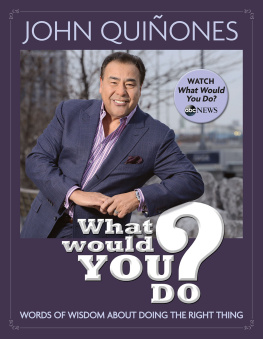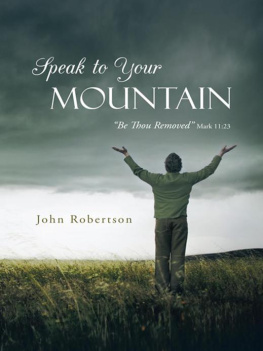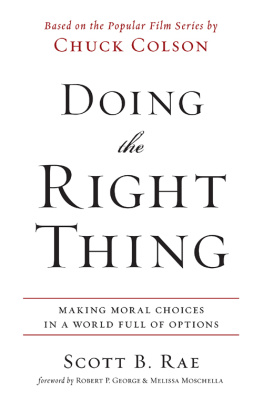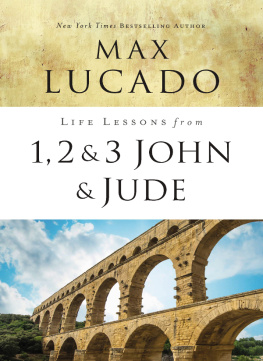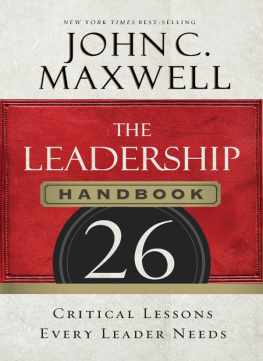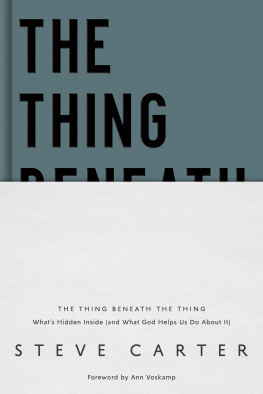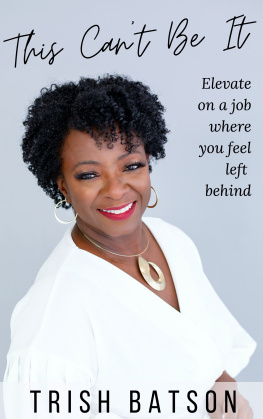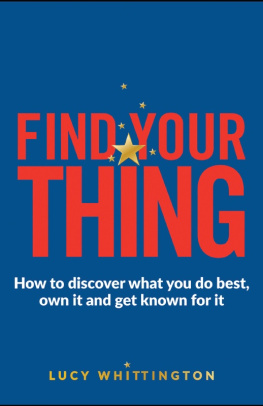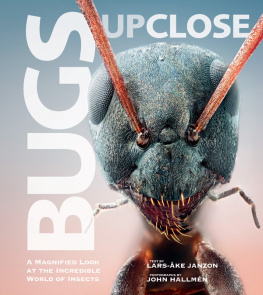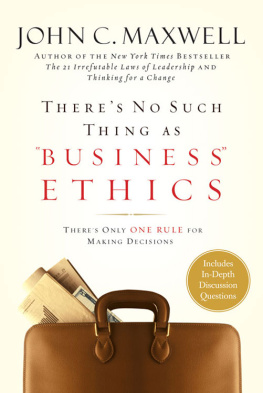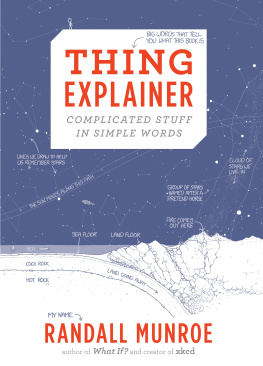ALSO BY JOHN QUIONES:
Heroes Among Us: Ordinary People, Extraordinary Choices
2015 American Broadcasting Companies, Inc.
Cover designed by Julie A. Stephens
Front cover photograph Lorenzo Bevilaqua/ABC
Published by Kingswell, an imprint of Disney Book Group. No part of this book may be reproduced or transmitted in any form or by any means, electronic or mechanical, including photocopying, recording, or by any information storage and retrieval system, without written permission from the publisher.
For information address Kingswell, 1101 Flower Street, Glendale, California 91201.
ISBN 978-1-4847-2632-7
Editorial Director: Wendy Lefkon
Executive Editor: Laura Hopper
Our prime purpose in this life is to help others. And if you cant help them, at least dont hurt them. Be kind whenever possible. It is always possible.
Dalai Lama
I will never forget the journey I took several years ago through the Himalayas along the border between India and Tibet. I was on assignment for ABC News, and it was there, in those majestic, cloud-shrouded mountains, that I had the honor of interviewing the great Buddhist leader, the Dalai Lama.
What is the secret to true happiness? I asked him. He paused for a moment and then responded in a whisper, calm and peaceful. The development of compassion and understanding for others, he explained. Its the only thing that can bring us the tranquility and happiness we all seek.
Those simple words pretty well explain the whole concept behind What Would You Do?, the TV show I created and have hosted for almost a decade. With hidden cameras and actors, we have staged hundreds of scenarios, forcing unsuspecting people to decide what to do when they witness something rude, troubling, or bothersome.
Many of our ideas are ripped right from the headlines. The situation can be as simple as someone texting incessantly on their cell phone at dinner or a teenager yelling at his mother.
The most memorable scenarios are the ones that dig a little deeper. What do you do if you see someone stealing a waiters tip at a restaurant or spanking their young child violently at the grocery store?
Orand more to the Dalai Lamas pointwhat if, right in front of you, someone is being ridiculed for being poor or disabled or gay? What if someone is being discriminated against because of his or her religion, skin color, or accent?
It happens every second of every day all over the world. And it affords us a great opportunity to take measure of true character.
When you come face-to-face with abuse or injustice and that little voice in the back of your head says, Do something, do you step in, or do you step away?
Since WWYDs premier, I, like a fly on the wall, have watched every single one of our scenarios unfold. Its the ultimate reality show and it has been fascinating to witness. Some people choose not to get involved because they are either too shy or scared or they simply dont care. Others clearly want to speak upyou can see it on their facesbut Something holds them back.
But there are always the everyday heroes who come along and step in valiantlyoften at risk to themselvesto defend the targets of hatred or bigotry or abuse. And they do so eloquently and with great compassion. Like a human GPS system, they guide us down the path toward the kindest, most inspiring moral and ethical behavior.
This book is a collection of the valuable lessons Ive learned from all those years of conducting our WWYD laboratory of human behavior. The issues we showcase occur every day in America. In fact, the issues occur in most of the world. But they happen mostly in the shadows, when we think no one is watching or listening. We at WWYD have simply chosen to shine a light on them.
The results are so fascinating and revealing that today schools and universities throughout the country use our WWYD segments in their psychology and sociology classes.
Virtually every day I get e-mails and tweets from fans of the show telling me, John, I had a What Would You Do? moment today! Where were you?!!
Maybe this would indeed be a better world if we all thought those WWYD cameras were always rolling, constantly monitoring our behavior, like a moral compass. If we knew that someone else might be watching, we would be on our best behavior. We would pay more attention to the bullying, discrimination, and injustice that too often surrounds us. It would be a powerful reminder that all of us can afford to be a little more understanding, caring, and compassionate.
Most certainly we would be more enlightened.
What would you do if you were a shy, scrawny little dark-skinned boy who lived in poverty, and because of that, the odds of making it in the world seemed stacked against you? Well, you would dream big dreams.
And that is exactly what I did growing up in the barrios of San Antonio, Texas. Back then there wasnt much else my family could afford to do but dream. And since I was a very curious and adventurous character, I would always fantasize about someday traveling the world, meeting fascinating people and telling their stories.
Well, for more than thirty years, that is exactly what I have had the privilege of doing for ABC News. Its been the greatest job in the world. As a network correspondent, Ive had a front row seat to some amazing world events. Ive covered everything from wars in Central America and the Middle East, to the American space program, to the disappearing rain forests in the Amazon and Africa. Ive interviewed everyone from Fidel Castro to Jane Goodall.
I have traveled to virtually every country on the planet. And along the way, I have witnessed firsthand both the good and the bad people can do to each other. As a reporter, I have challenged evildoers and celebrated heroes.
I guess you can say that, in many ways, I have been studying and training for What Would You Do? my entire life.
Our very first influences in lifeand usually the most powerfulare our parents. Good or bad, they set the stage for our moral and ethical behavior in those early, formative years.
And so it was in my case. My sisters and I had an exceptional mother, Maria Garcia Quiones, who, without a doubt, was solely responsible for planting those What Would You Do? ideas in my young, curious brain so many years ago.
Maria was the most loving, caring, sensitive person I have ever known. She didnt have much formal educationshe had to drop out of school in the eighth grade to help support her familybut in my eyes, she had a doctorate in love, empathy, and social responsibility.
Our small two-bedroom home on the poor side of the tracks in San Antonio was a lifesaving haven for abused women, runaway kids, even stray dogs and cats. No one in trouble or need was turned away. Maybe it was because she, herself, had suffered poverty and discrimination. Or maybe it was a result of her strong Catholic upbringing. Whatever it was, Maria could connect with and relate to victims of all kinds of misfortune and injustice. And she did it by simply following the Golden Rule: Treat others the way you would want to be treated yourself.

